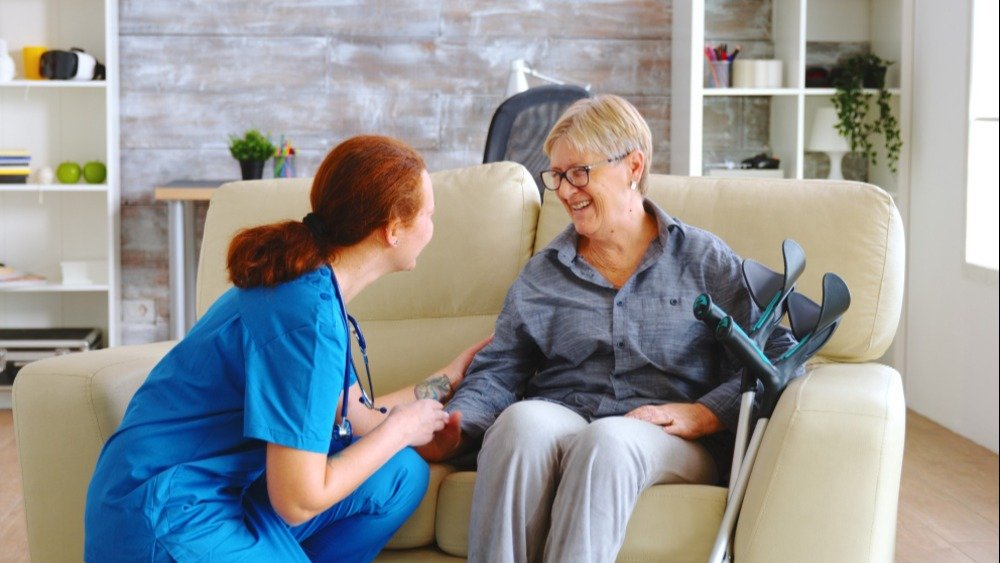Introduction
For many NDIS participants, consistent nursing support is a crucial part of living safely and independently. Community nursing services bridge the gap between healthcare and disability care, providing essential medical and clinical support right in the participant’s home or community setting. In Victoria, these services are vital for people managing chronic conditions, complex disabilities, and recovery goals. This guide explores what community nursing is, how it fits into the NDIS, and how Careable delivers compassionate, clinically sound nursing care across Melbourne.
What Are Community Nursing Services?
Community nursing services involve qualified registered nurses (RNs) and enrolled nurses (ENs) delivering healthcare outside of hospital settings. These nurses provide support for both physical and mental health needs, including wound care, medication administration, chronic disease management, and health education. In the context of the NDIS, community nurses are often engaged to meet health-related goals or address medical conditions that impact daily functioning.
Who Needs Community Nursing Services?
Participants who benefit most from nursing services often have one or more of the following needs:
- Complex physical health conditions (e.g., diabetes, epilepsy, multiple sclerosis)
- Intellectual disabilities with health support needs
- Wound care or post-surgery care
- PEG feeding or continence management
- Medication management and education
- Mental health monitoring or psychosocial support
What Nursing Services Are Covered by NDIS?
The NDIS funds community nursing under the ‘Improved Daily Living’ and sometimes ‘Core Supports’ categories. Funded services include:
- General nursing assessments
- Development of care plans
- Medication supervision and review
- Catheter and stoma care
- Diabetes monitoring and insulin administration
- Education and training for carers
How to Access Community Nursing Through NDIS
To include nursing support in your plan, your Support Coordinator or allied health team must show that the service is reasonable and necessary. This can be done by:
- Including recommendations in allied health reports
- Demonstrating how nursing supports reduce hospital admissions or increase independence
- Linking nursing care to functional goals (e.g., managing a condition that prevents social participation)
You can also request a plan reassessment if your condition changes and nursing becomes more urgent.
Benefits of Community Nursing
When delivered consistently, nursing support can greatly improve a participant’s quality of life. Key benefits include:
- Improved health outcomes and condition management
- Reduced risk of emergency room visits
- Better coordination between disability and healthcare supports
- Confidence and safety for both participants and carers
How Careable Delivers Community Nursing in Victoria
Careable’s community nursing team in Melbourne includes highly experienced RNs and ENs trained in trauma-informed care and complex disability support. We provide:
- Scheduled and ad-hoc nursing visits
- Collaborative care with GPs, hospitals, and support workers
- 24-hour emergency response planning
- Documentation to support plan reviews or clinical reporting
- Education for family members and carers
Whether managing chronic conditions or supporting hospital-to-home transitions, Careable ensures that clinical care is compassionate and culturally appropriate.
Real Case Study: Supporting Maria’s Health at Home
Maria, a 60-year-old participant with multiple sclerosis, struggled with medication management and recurring infections due to catheter issues. Careable assigned a community nurse who coordinated with her GP, trained her support workers in hygiene practices, and monitored her condition weekly. As a result, her hospital visits decreased by 70%, and her confidence in managing her health dramatically improved.
Key Considerations When Choosing a Nursing Provider
When selecting a provider for nursing care, consider the following:
- Do they employ fully qualified RNs and ENs with NDIS experience?
- Can they provide consistent, reliable care tailored to your needs?
- Are they culturally responsive and trauma-informed?
- Do they collaborate with your support team and healthcare providers?
- Can they assist with documentation and funding reports?
Conclusion
Community nursing services are a vital part of holistic NDIS care—improving health, safety, and independence for participants across Victoria. Whether you need daily clinical support or just occasional check-ins, nurses play a key role in maintaining quality of life outside the hospital setting. At Careable, our nursing team works alongside participants, carers, and coordinators to deliver seamless, respectful, and responsive care.
To find out how we can support your nursing needs, contact Careable at 1300 DECIDE or email cx@careable.com.au.






